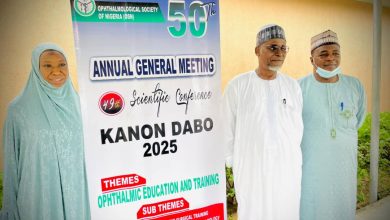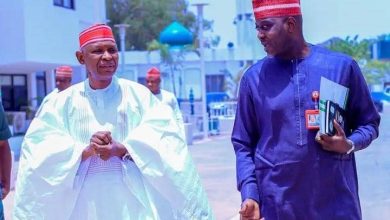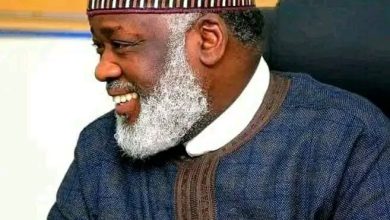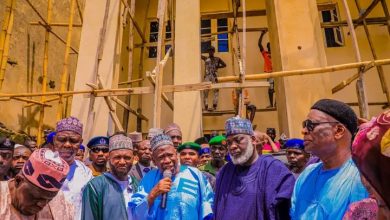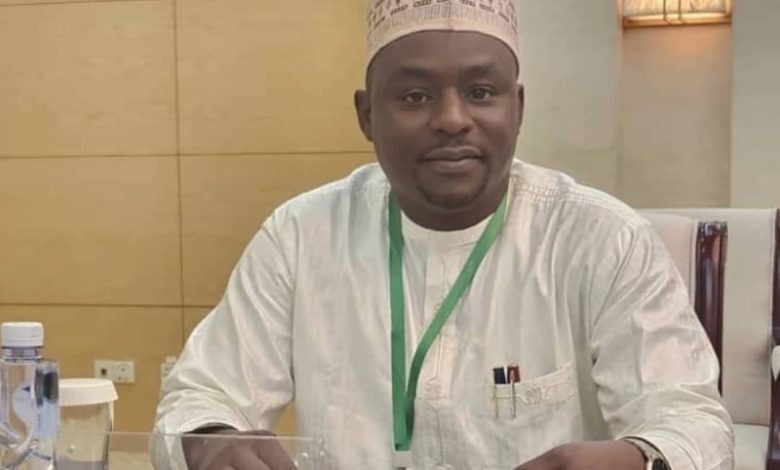
The Kwankwasiyya movement, once a dominant political force in Kano State, is navigating a turbulent political climate that threatens its stability and future relevance ahead of the 2027 general elections.
With the original founders of the New Nigeria People’s Party (NNPP) reclaiming full control, the Kwankwasiyya group appears stranded without a strong political platform. Analysts say this development could severely undermine the movement’s capacity to contest future elections effectively.
Related:
Ganduje Lauded by Former Kano Cabinet for Party-Building Efforts
Controversial policy decisions have further compounded the administration’s woes. Among these are the demolition of the historic Filin Idi Mosque, destruction of residential properties, and persistent allegations of financial mismanagement. These actions have reportedly strained relationships with the business community and eroded public trust.
Tensions with security agencies have also escalated, with critics attributing the situation to a lack of administrative experience and governance skills within the leadership. The dissolution of five emirate councils, a deeply controversial decision, has only widened the disconnect between the government and many Kano residents.
Since inception into the administration, observers note an absence of completed capital projects exceeding N1 billion. Abandoned projects litter the state, signaling what critics describe as a failure of governance and project execution.
Read Also:
Photos: Ganduje Inaugurated as Chairman of FAAN Board
Further complicating matters, the administration’s strained relations with federal agencies and public criticism of the federal government could limit future support and funding. Political insiders claim that the governor has made repeated visits to Abuja allegedly up to a dozen in one week in a bid to lobby the presidency and APC stakeholders for permission to defect to the ruling party.
Yet, this rumored defection plan is reportedly facing pushback from within the APC, largely due to past hostilities and the potential clash with the Kwankwasiyya godfather’s alleged presidential ambitions. The movement’s strained ties with other major political platforms like the PDP only worsen its isolation.
Signs of Internal Discord and Defections
The internal structure of the Kwankwasiyya movement is also reportedly under stress. Multiple sources say political appointees, including commissioners and heads of agencies, are being sidelined, deprived of funding and access to the governor.
Meanwhile, disillusionment is growing among youths previously mobilized by the movement across all 44 local government areas, many of whom now feel neglected. There are also complaints of uneven distribution of development projects, with rural communities reportedly left out in favor of select urban areas.
The resulting frustration is fueling a wave of defections, especially among Kwankwasiyya youth members. Prominent APC stakeholders in Kano are said to be receiving these defectors daily, signaling a decline in the movement’s grassroots support.
In contrast, very few APC members have defected to the Kwankwasiyya camp, highlighting what many view as a deepening crisis within the movement’s ranks.
As internal discord mounts and external pressures intensify, the Kwankwasiyya movement finds itself increasingly isolated, fighting to stay relevant in a rapidly shifting political landscape.
Currently the Kwankwasiyya movement risks losing its once-formidable political influence. The coming months will be decisive, not only for the survival of the movement but also for its ability to reposition itself meaningfully within Kano’s evolving political terrain ahead of 2027.
Sanusi Sa’id Kiru is a Director at the Progressive Institute (TPI), Abuja, and a former Commissioner of Education in Kano State.
